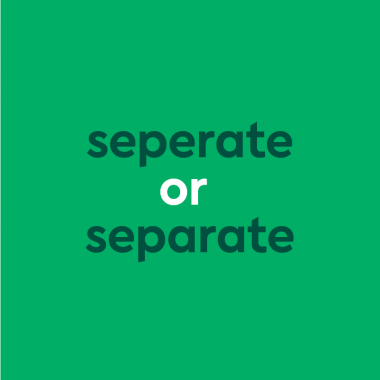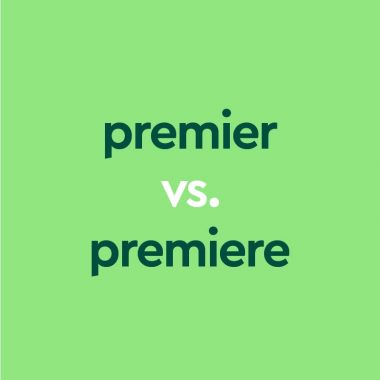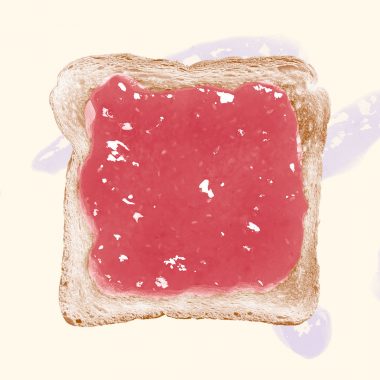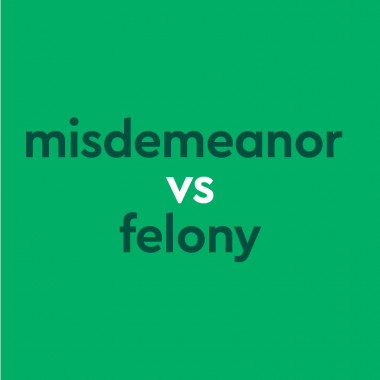Course Vs. Coarse: A Crash Course On The Differences
The words course and coarse are homophones. They’re pronounced exactly the same, but their meanings and usage are very different. In this article, we will define course and coarse, explain how they are typically used, and give examples that show how they are used in sentences. The word course is used as a noun and a verb with many different meanings. Some common meanings as …










